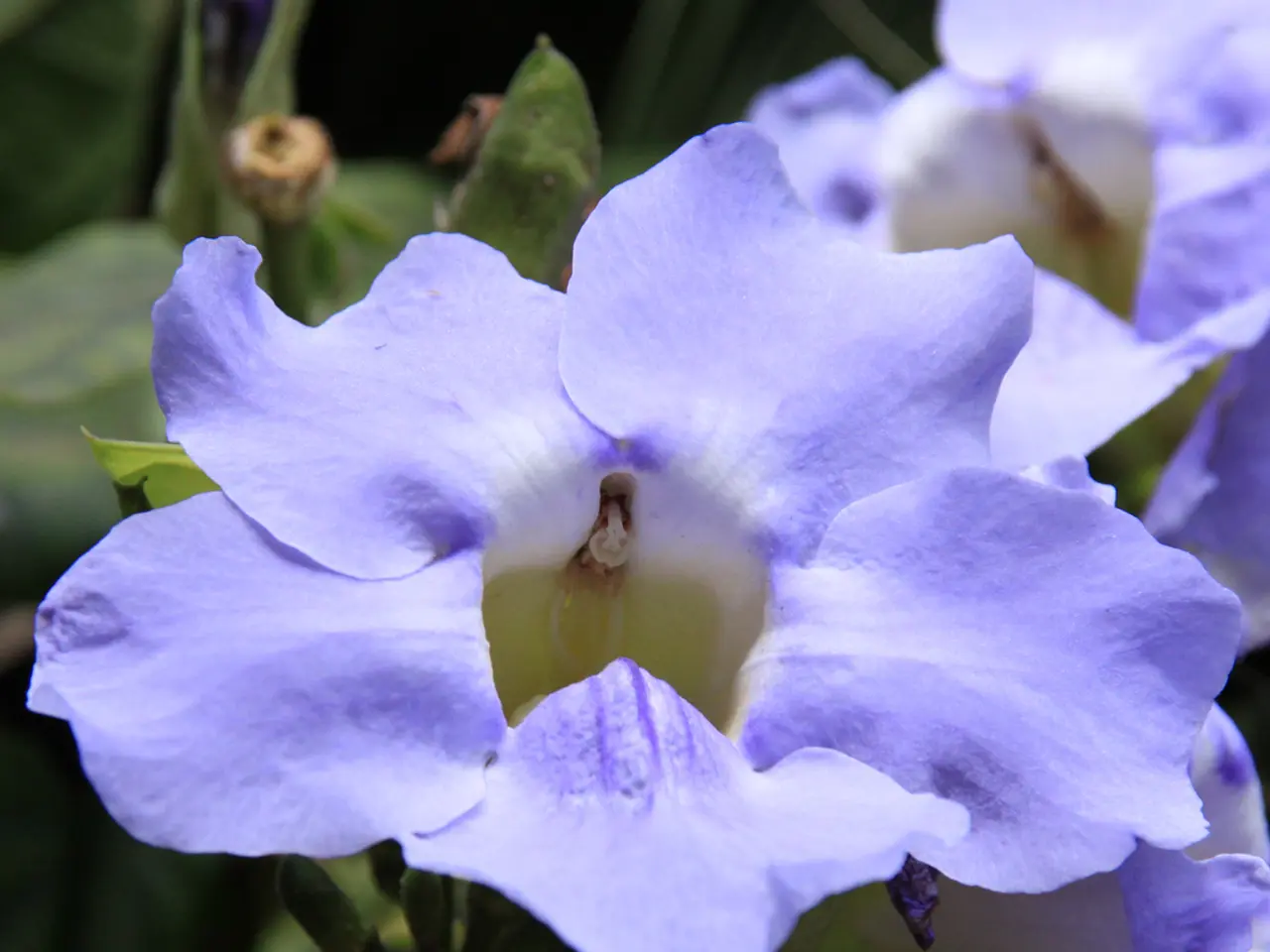Experiencing a Migraine upon Waking: Exploring Causes, Remedies, and Prevention Strategies
Morning migraines can be a debilitating experience, affecting many individuals and causing severe discomfort. These headaches often occur due to a combination of factors, including sleep disturbances, hormonal changes, and environmental triggers.
Sleep problems that can trigger morning migraines include insomnia, irregular sleep patterns, sleep apnea, teeth grinding, snoring, and jet lag. Hormonal changes during menstruation, pregnancy, and menopause can also contribute to migraine episodes.
Certain foods, such as aged cheeses and foods containing monosodium glutamate, can trigger migraines. Alcohol, particularly when consumed before bed, may result in a morning migraine episode for some people. Changes in weather or barometric pressure can also cause migraines.
Identifying and avoiding migraine triggers, practicing good sleep hygiene, eating a balanced diet, staying hydrated, exercising regularly, and cultivating beneficial coping strategies can help reduce the frequency and severity of migraines.
Home remedies for migraine include lying down in a dark, quiet room, sleeping or resting, applying warm or cold compresses to the head and neck, taking a bath or shower, drinking caffeine (if it is not a trigger), practicing yoga or meditation, and a hot foot soak. Dehydration can also contribute to the onset of morning migraines, so it's essential to stay hydrated.
Migraines are a complex disorder that can have various subtypes. They are often characterized by severe throbbing or pulsing pain, typically on one side of the head. Morning migraines can occur due to a variety of factors, making it crucial to identify personal triggers and take preventative measures.
Prescription medications for migraine are typically stronger than over-the-counter products and require a prescription from a doctor. Examples of prescription medications used for migraine treatment include triptans, dihydroergotamines, anti-nausea drugs, nonsteroidal anti-inflammatory drugs, and CGRP antagonists.
It is important to seek immediate medical attention if any unusual symptoms occur, such as headache after a head injury, an abrupt, severe headache, neurological symptoms of weakness, vision changes, or sensory changes, a headache accompanied by a fever, confusion, seizures, or difficulty speaking, chronic headaches that get worse during exertion, straining, or sudden movement, new headache pain in those over 50 years old.
Depression and anxiety can contribute to migraine onset as they affect sleep and increase stress, which is another migraine trigger. It's crucial to address these underlying issues to manage migraines effectively.
There is no universal cure for migraine, but medications and lifestyle changes may help reduce its frequency and severity. If you're experiencing frequent or severe migraines, it's recommended to consult a healthcare professional for personalised advice and treatment options.
[1] Sleep Apnea and Morning Migraines: A Comprehensive Guide. (2021). Sleep Foundation. [2] Environmental Triggers for Migraines: Understanding and Managing Them. (2020). American Migraine Foundation. [3] Hormonal Migraines: Causes, Triggers, and Treatment. (2019). Mayo Clinic. [4] Lifestyle Changes for Migraine Management. (2020). Johns Hopkins Medicine.
- Qulipta, a prescription medication, is used for migraine treatment, joining the arsenal of other prescription drugs like triptans, dihydroergotamines, anti-nausea drugs, nonsteroidal anti-inflammatory drugs, and CGRP antagonists.
- Sleep apnea, often associated with various sleep disturbances, can be a trigger for morning migraines, making it essential for individuals to understand and manage environmental triggers for their health-and-wellness.
- Mental health conditions like depression and anxiety can contribute to the onset of migraines by affecting a person's sleep patterns and increasing stress levels, which are mental-health and sleep triggers for the debilitating condition.
- Home remedies for managing morning migraines include practice of yoga or meditation, application of warm or cold compresses to the head and neck, resting or sleeping in a dark, quiet room, staying hydrated, and avoiding identified personal triggers to ensure overall health-and-wellness.




